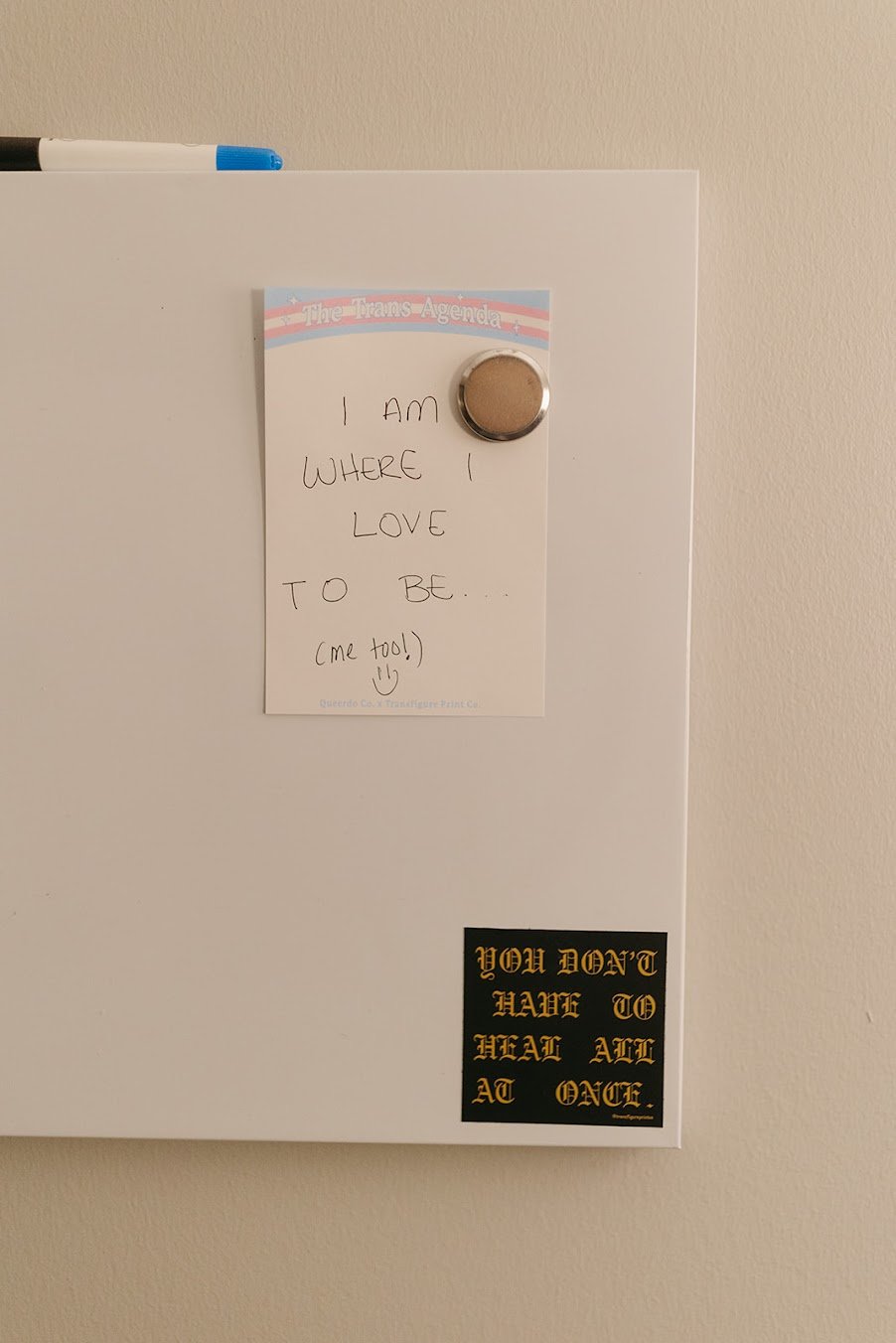
Therapy for Children and Kids
Is your child struggling at school due to social difficulties or neurodivergence? Does your child seem anxious, pre-occupied, or depressed? Do you struggle to connect with your child?
You are not alone! Our therapists can work with you and your child to treat mental health concerns, address difficult behaviors, and build social skills. We understand that childhood is a critical time of development and that early interventions can help protect your child and set them up to thrive. Our team uses anti-oppressive practices that seek to bring out the strengths of every child while still honoring their unique experience of identity and neurodevelopment. We also know the importance of creating a fun and welcoming environment for kids so that they feel comfortable and supported in their therapeutic journey. We also help coordinate care with your child’s entire support team and advocate for their needs in every environment. In addition to one-on-one support for your child, we also offer family therapy services and psychoeducation for caregivers and parents.
Our team also specializes in serving gender-expansive families. If your child is expressing creativity in their sense of gender identity or gender expression, we can provide a safe and supportive space for both of you to understand and respond to gender exploration in developmentally appropriate ways. Grounded Wellbeing believes in the power of healing within community.
Recreational Therapy
Recreational therapy seeks to help children reduce symptoms of anxiety, depression, ADHD, and trauma through the use of leisure activities such as games, dance and movement, drama, gardening, cultural outings, and more. [1] Recreational therapy can also be used to improve social functioning and social skills as well as verbal, motor, and reasoning skills. [1] Before treatment begins, your child’s therapist will work with you and your child to form a treatment plan tailored to your child’s interests and their therapeutic goals. In sessions, your child’s therapist will create opportunities for your child to practice social skills and will provide direct feedback to help your child learn and grow.
Recreational therapy is well-suited for children as it allows them to practice skills through activities that are similar to their experiences in school or social settings making it easier to apply what they learn outside of the therapy room. [2] For children with a history of trauma or with a marginalized identity like transgender and gender-expansive children, participating in leisure activities can also help ground the child in their sense of identity and belonging. [3]
Many mental health professionals consider play to be the fundamental language of childhood. [4] Within play, children can express themselves freely without the limitations of verbal language or sophisticated insight. During a play therapy session, our therapists will provide both directive and non-directive opportunities for your child to express their inner world, practice behaviors, and develop understanding of emotions and social situations. Play therapy often involves the use of toys such as dolls or representative objects through which the child can communicate and role-play. For children with a history of trauma, play therapy provides valuable therapeutic insights your therapist needs for treatment without the need for re-traumatization through repeated verbal disclosures. [5] Gender-expansive children also benefit from play therapy as it allows a creative space for self-exploration. [6]
Play Therapy
Art therapy empowers creativity and creation within the therapeutic environment. Our attachment-focused practice utilizes art therapy to restore disrupted attachments. Art can be used to assess a child’s perception of social connections and to encourage reshaping those relationships to be more secure, supportive, and loving. [7] Art can also be used as a soothing and beneficial coping mechanism to address symptoms of anxiety and depression. Within art therapy sessions, your child’s therapist will provide opportunities to develop insight and to challenge patterns of negative thinking through creative expression.
Art Therapy
References
https://www.nctrc.org/about-ncrtc/about-recreational-therapy/
Rothwell, E., Piatt, J., Mattingly, K. (2006). Social Competence: Evaluation of an outpatient recreation therapy treatment program for children with behavioral disorders. Therapeutic Recreation Journal 40(4) pp. 241-254.
Adams, E.V., Page, J. (2021). Recreational therapy, complex trauma, and social identity. American Journal of Recreational Therapy 20(3) pp. 44-52. DOI: 10.5055/ajrt.2021.0240
https://www.a4pt.org/page/PTMakesADifference/Play-Therapy-Makes-a-Difference.htm
Goodyear-Brown, P. (2009). Play therapy with traumatized children: A prescriptive approach. Wiley Press.
Taylor, D.D., Thompson, K.A. (2020). Using Adlerian play therapy with gender-expansive children: Considerations for caregivers. The Journal of Individual Psychology, 76(2). Doi: 10.1353/jip.2020.0001
Eckhaus, R., Nelson, M.H. (2024). Creating attachment: The expressive therapies as a multisensory-relational modality to foster secure attachment. Reflections: Narratives of professional helping 30(2)

